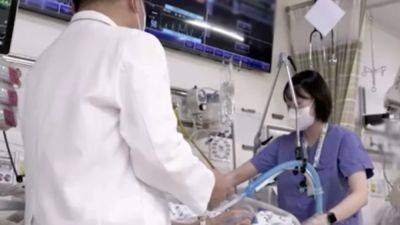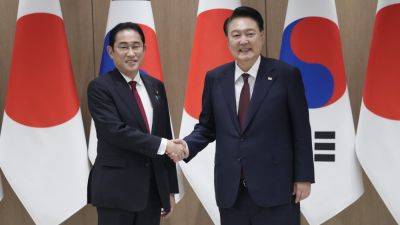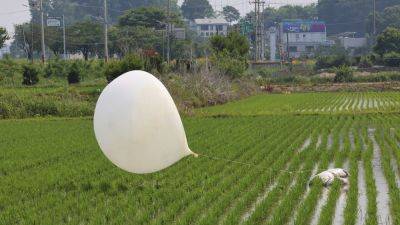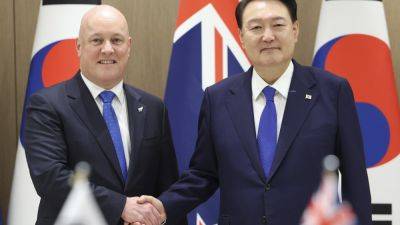Nurses Win a Bigger Role as Doctors Strike in South Korea
Tensions between doctors and nurses can often simmer underneath the surface. In South Korea, they have spilled into the open as a monthslong doctors’ strike strains the nation’s hospitals.
Since thousands of intern and resident doctors went on strike in February, hospital bosses have ordered some nurses to take on duties traditionally fulfilled by their white-coated colleagues, including inserting catheters, doing blood work and issuing prescriptions.
Many nurses have done so reluctantly, saying they were not paid enough, lacked the professional respect accorded to doctors and were inadequately protected by law if something went wrong. They pushed for the passage of a nursing act that would widen the scope of their roles and provide them with greater legal safeguards.
Doctors opposed the bill, saying it would deepen the conflict between the professions, inhibit the training of young doctors, and ultimately allow nurses to set up their own practices without proper guidelines.
The nurses claimed victory last week, when the National Assembly passed the nursing act, which also established clear boundaries as to what duties nurses can or cannot do, a line that has until now been blurred.
“I’m hopeful that working as a nurse will be much better moving forward,” said Ah Rim, a 29-year-old nurse in the emergency wing at a general hospital in Gwangju, a city in the country’s south. It took four years of nursing school and multiple exams to develop the skills required for her job, she said, but nurses have “not gotten the recognition they deserve.”







